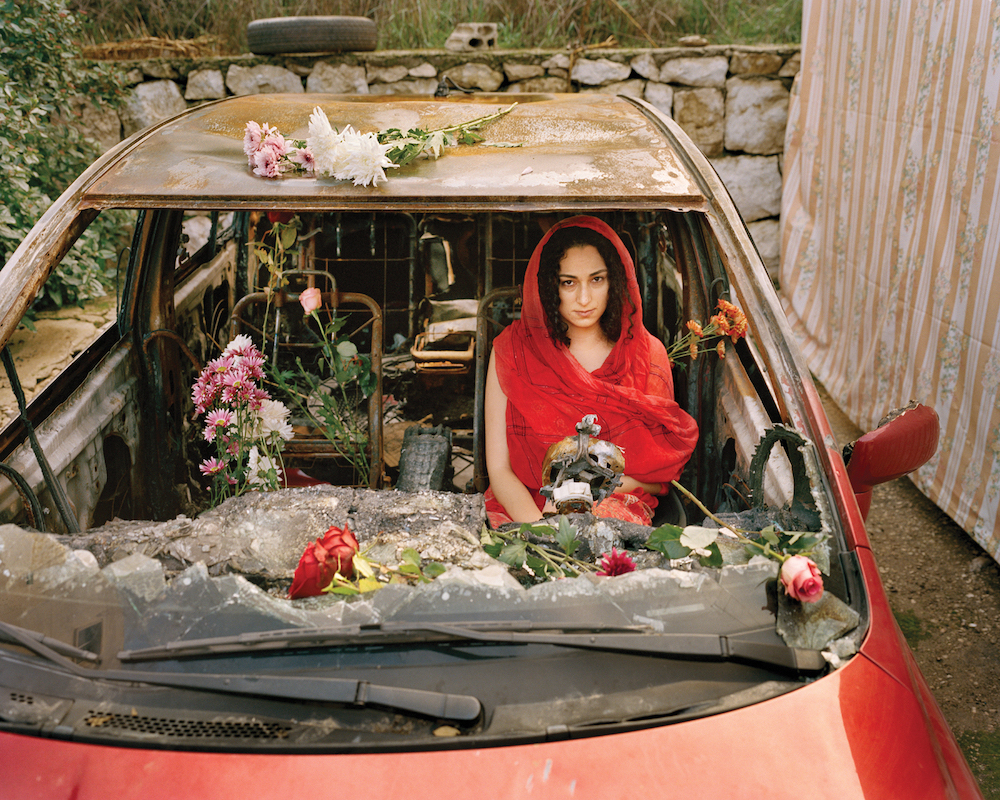The award-winning photographers Rosem Morton, Rania Matar and September Bottoms discuss validation, community and empowering women through photography
On a summers day in 2018, nurse, photographer and safety trainer, Rosem Morton, was raped. It was a traumatic, shattering event which, in the weeks that followed, left her overwhelmed, afraid and seeking proof – proof of her trauma and, crucially, of her survival. Reaching for her camera, she began to photograph herself and the world around her, visualising the feelings which, at that time, she could not communicate.
In the five years since Morton became a survivor, she has continued to photograph her journey, using her work as a tool to connect with others. And, as her understanding of her trauma has grown, so too has her Leica Women Foto Award-winning body of work, Wildflower.
“Photography just served so many different functions in my life that I am very grateful for,” the photographer explains from her home in Baltimore. “As a survivor, you’re always silenced in this experience. So, if anybody recognises your story, it adds to the validity of your truth.”
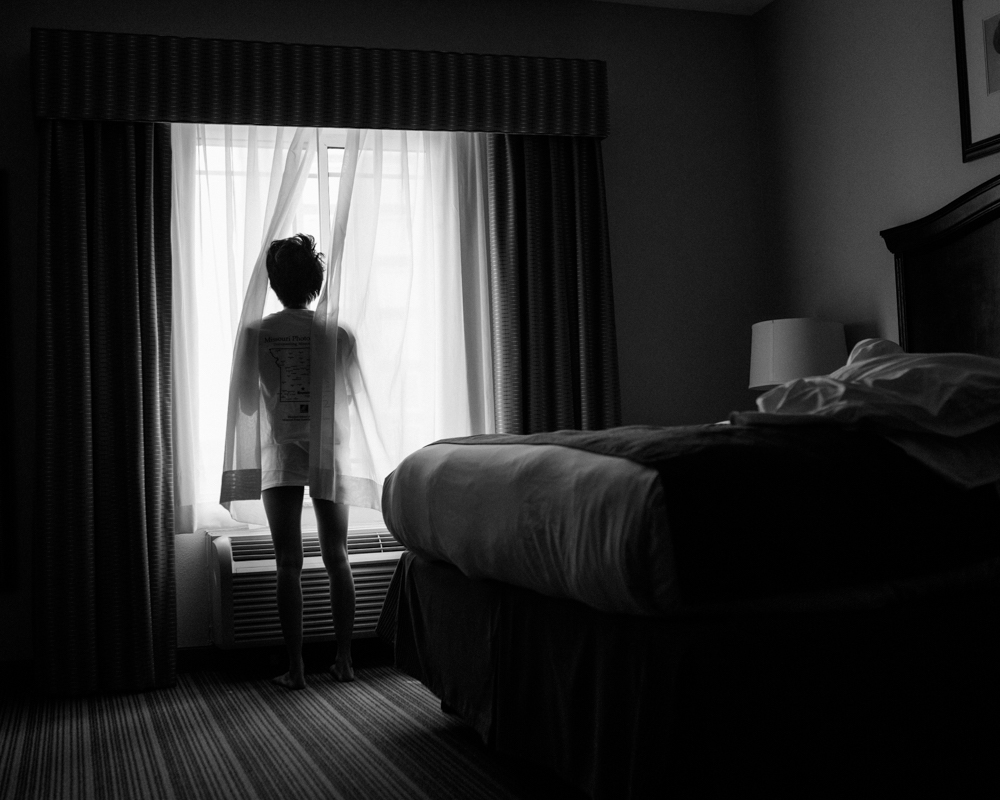
“One of the reasons that I’m doing this project is that it’s dedicated to my younger self, who wished that she saw a story like this”
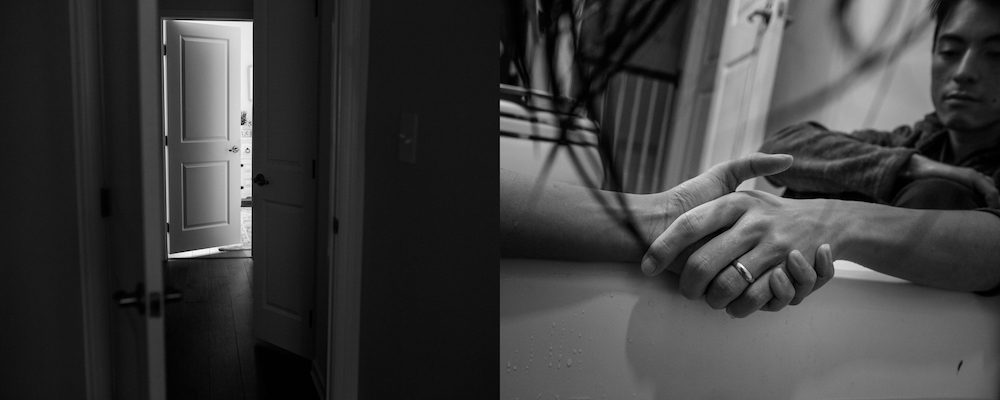
Since Morton’s work was recognised by Leica in March 2022, it has been exhibited at Fotografiska, New York and, thanks to the Award’s $10,000 prize, will soon become a book. In late 2022, she was able to leave her career in nursing behind, realising a long-held dream of becoming a full-time photographer.
These experiences have, the photographer explains, helped her to build confidence as a woman of colour in an industry traditionally – and often still – so dominated by white men. More importantly, they have helped her to break the silence to which survivors of sexual violence are too often confined.
“One of the reasons that I’m doing this project is that it’s dedicated to my younger self, who wished that she saw a story like this,” Morton says. “It is incredibly important for the public to be able to see this work and have important conversations – not just within the community affected, but everybody else. We really have to work together to combat a lot of gender and sexual based violence in our communities.”
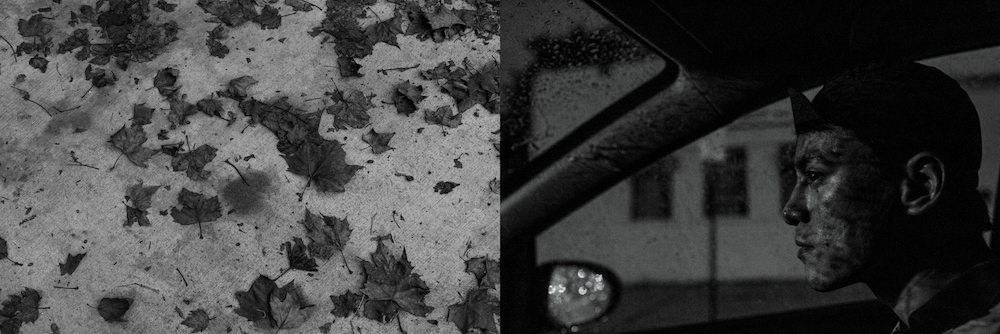
This thread of community runs throughout the work of each of Leica’s 2022 awardees, each chosen for their contribution to elevating marginalised voices and to empowering women through photography. In the case of Lebanese-born, American photographer Rania Matar, these voices belong to the young women of Lebanon, whose creativity, strength, beauty, and resilience she captures in the series, Where Do I Go?.
Matar left Lebanon in 1984, one of an estimated one million people to do so during the country’s 15-year Civil War. Of those who remained, as many as 120,000 lost their lives. Following the 17 October Revolution in 2019, the photographer began to fear that history would repeat itself. And so, she says, as a woman who had left all those years ago, she resolved to turn her lens on the women who stay today.
“In a way each of them is telling her story; but they’re also telling my story, they’re telling the collective story of Lebanon and what it means to be a woman living here”
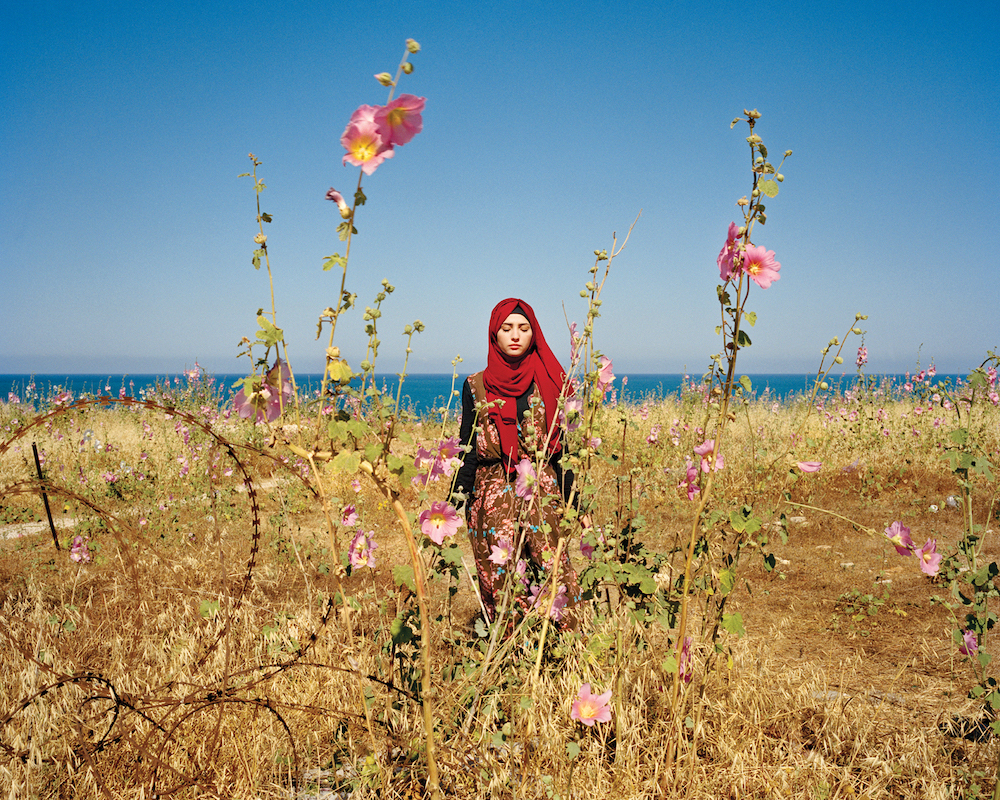
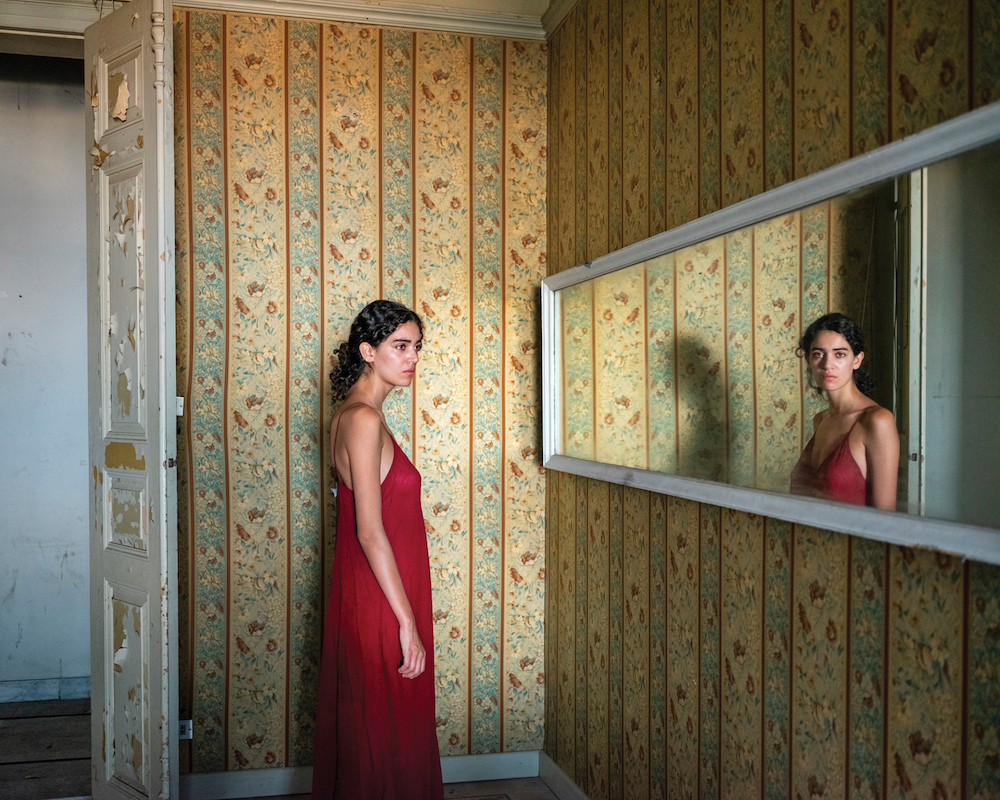
“In a way each of them is telling her story; but they’re also telling my story, they’re telling the collective story of Lebanon and what it means to be a woman living here,” Matar explains. “And these women have all inherited all the heaviness. They weren’t even born during the Civil War, but it is looming in the collective memory of everybody.”
The photographer is speaking from Lebanon where, for the fifth time in a year, she has recently arrived. The Leica Women Foto Award has made a considerable financial contribution to her visits, enabling her to continue her project. The award will also support her in spending another year photographing the women of Lebanon – a task which she describes as urgent, for her and for them – alongside developing a book.
However, while the financial support has been valuable, it is the recognition that her work has received that has meant the most to Matar. “When I was first doing this work it was more instinctual. Then, when I was applying for the award, it forced me to write about it. And, when I wrote about it, it all came together in my mind that this is almost a self portrait of my younger self,” she recalls. “I got the award really early in this project, and it was such a validation for me to keep going.”
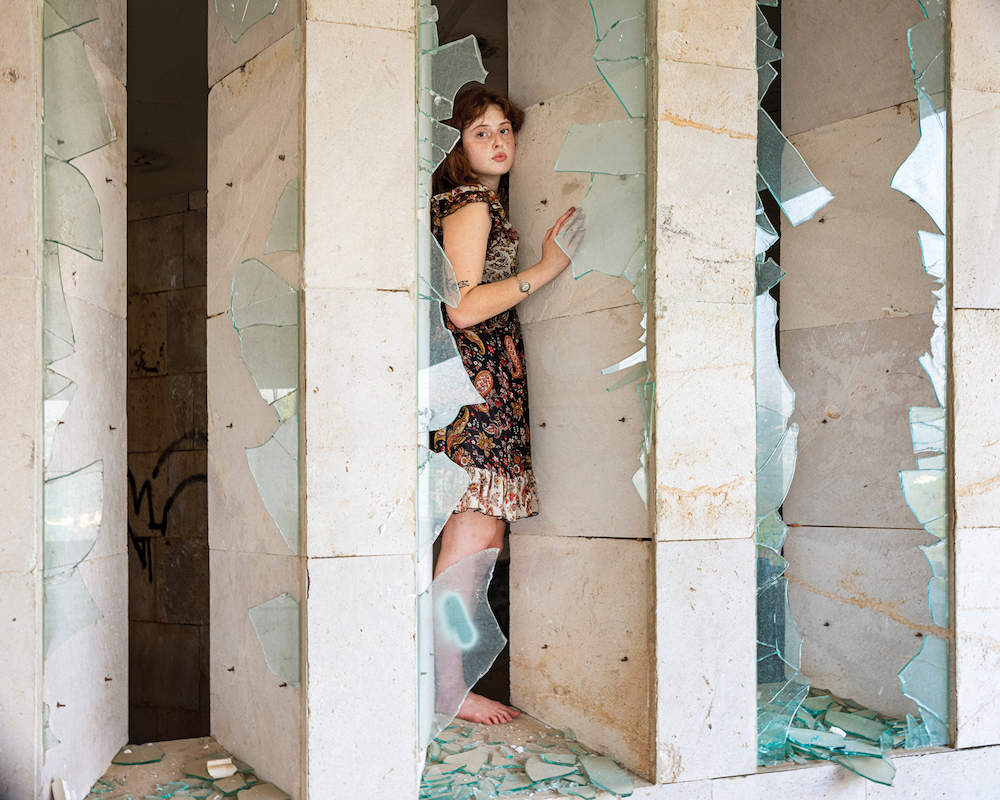
The appreciation of validation is a feeling shared by each of the Leica Women Foto 2022 awardees. It was certainly the overwhelming reaction for September Dawn Bottoms – the American photographer’s win has acted as a constant reminder to keep going with her highly personal body of work, Remember September.
“I’m not photographing actual abuse, a lot of the work is wrapped around memory and the past and so it’s difficult to tell if it makes sense to other people,” she reflects. “I’m always so wary of the amount of information I put out about the abuse or how I put out the work, I often wonder if there isn’t enough context.”
The abuse Bottoms discusses is not an abstract concept or far removed concern, it is the intergenerational trauma which has plagued her family for many years. Sexual abuse, grinding poverty and complex mental illness are all addressed in her unflinchingly candid images, through which the photographer attempts to trace the impact of these physical and emotional experiences on herself as a daughter, as a sister and as a photographer.
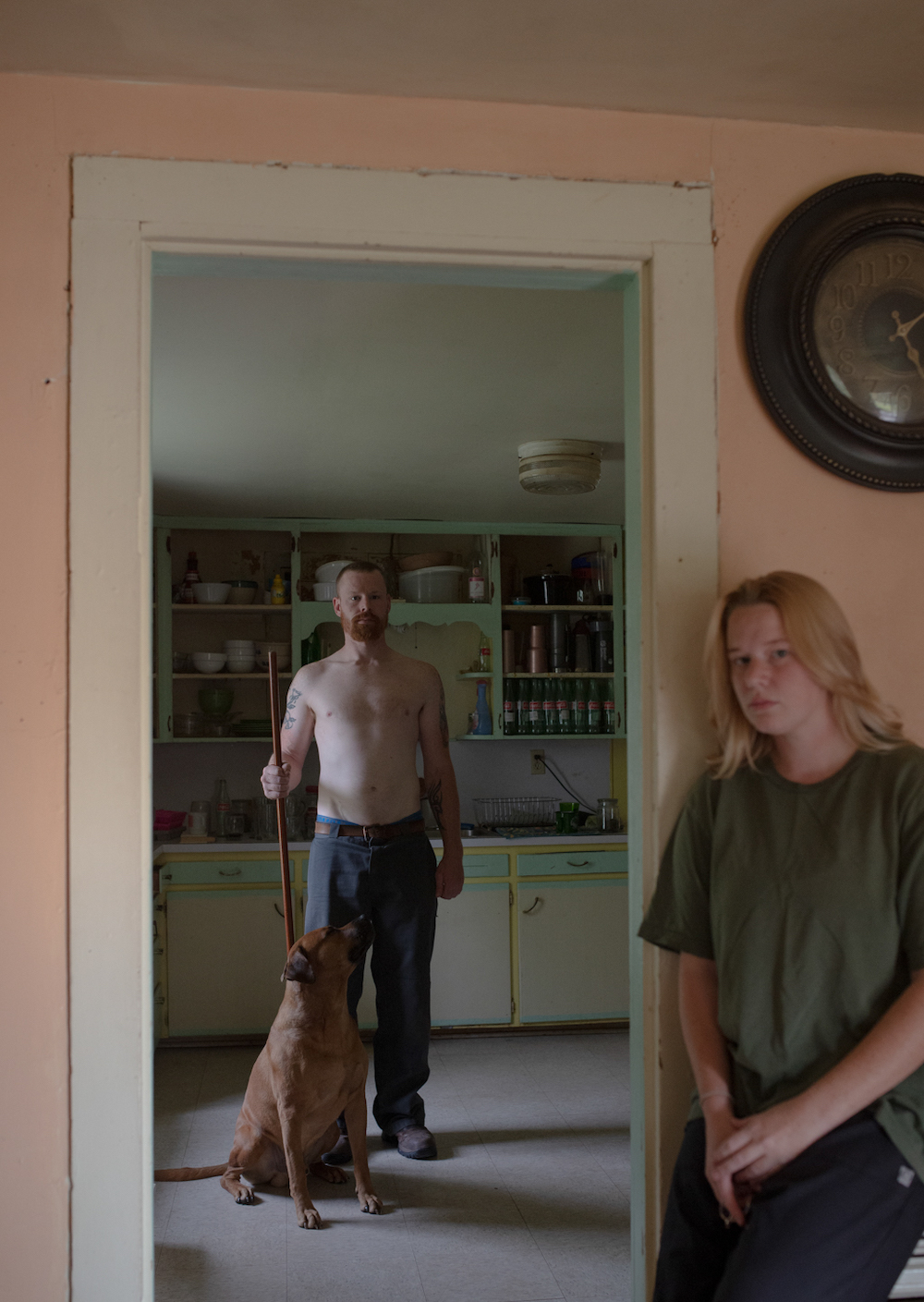
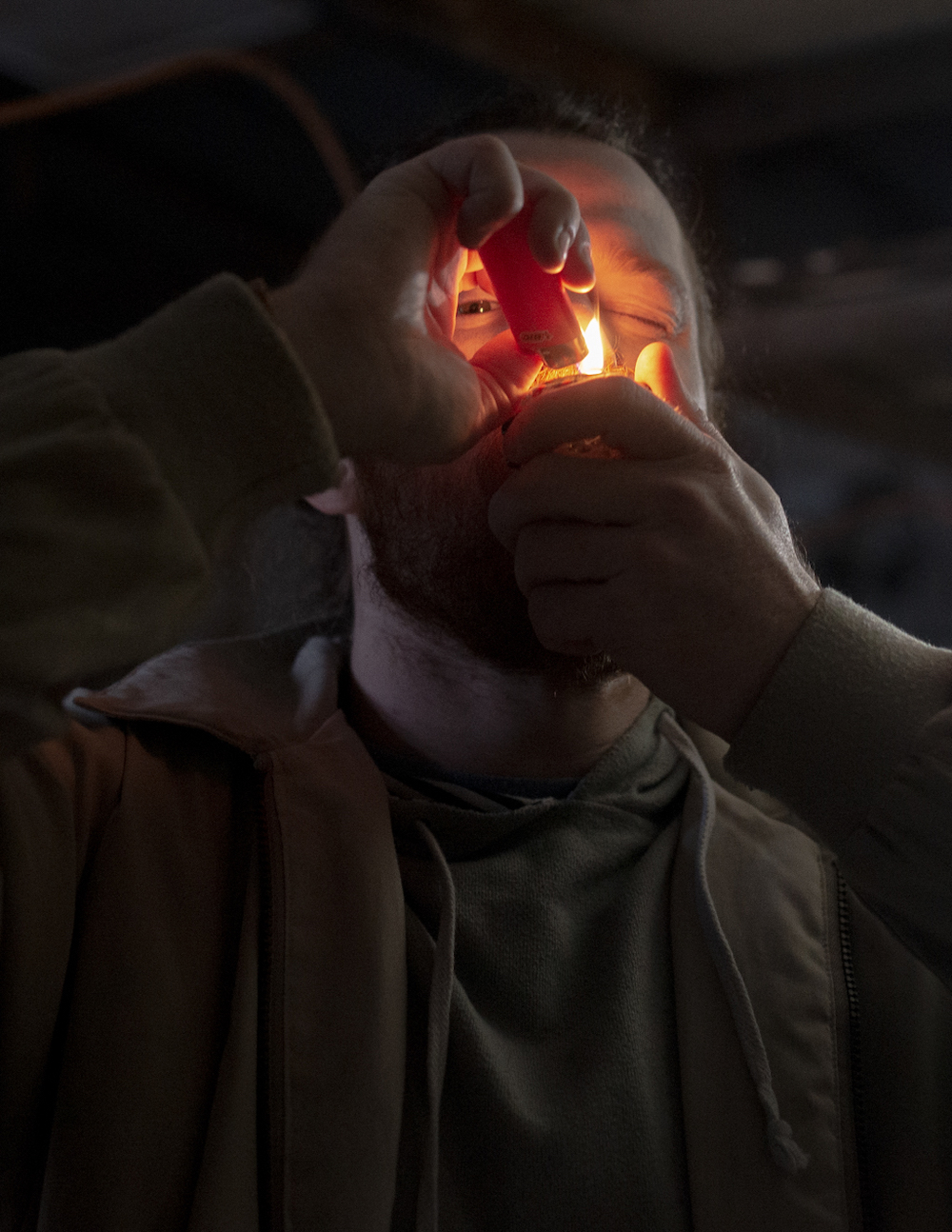
“I think every great artist should document themselves and their life, I think it brings an honesty to the rest of your work that could potentially be missing.”
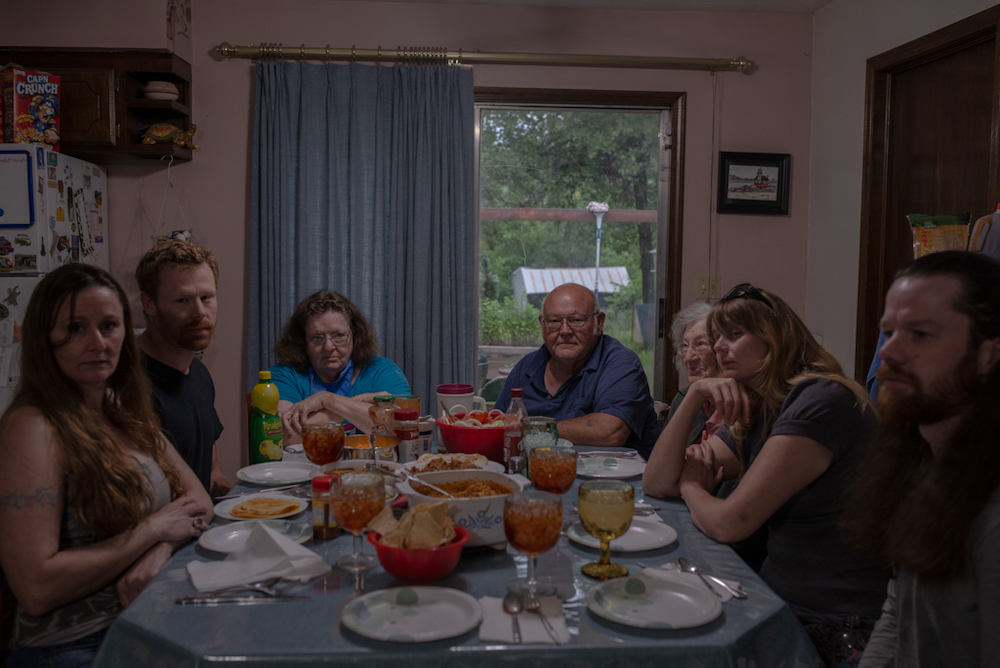
Bottoms began this work after what she describes as a particularly dark time, a time when she and her family found themselves isolated from those around them. And so, much as Morton and Matar, she felt compelled to pick up her camera. The process that followed – that of documenting those closest to her – was not an easy one.
“In many ways making the work has been therapeutic, but also not,” she explains. “Sometimes it makes things harder. Sometimes I wish I could just be done with it. But I don’t think I am.” Infact, Bottoms plans to continue the series throughout the coming year – a choice made possible, in part, by the Women Photo Award.
Leica’s financial support has already eased the uncertainty of freelance life while creating Remember September, as has mentorship from documentary photographer Maggie Steber and longtime National Geographic photo editor, Elizabeth Krist. Receiving a new Leica SL2-S – a camera Bottoms describes fondly as beautiful – has also been impactful. But, it is when the photographer looks to her future that the significance of her win can be seen most plainly.
“Eventually, I’d also like to use this collaboration and others to teach workshops about documenting yourself and your own family,” she says. “I think every great artist should document themselves and their life, I think it brings an honesty to the rest of your work that could potentially be missing.”
For more information about Leica’s Women Foto Award, head to the website. This year’s winners will be announced on 08 March, International Women’s Day.
This year, the Award expands to residents of the US, UK, Mexico, and Canada (excluding Québec). One applicant from each region will be awarded a Leica SL2-S camera set and $10,000 USD.

